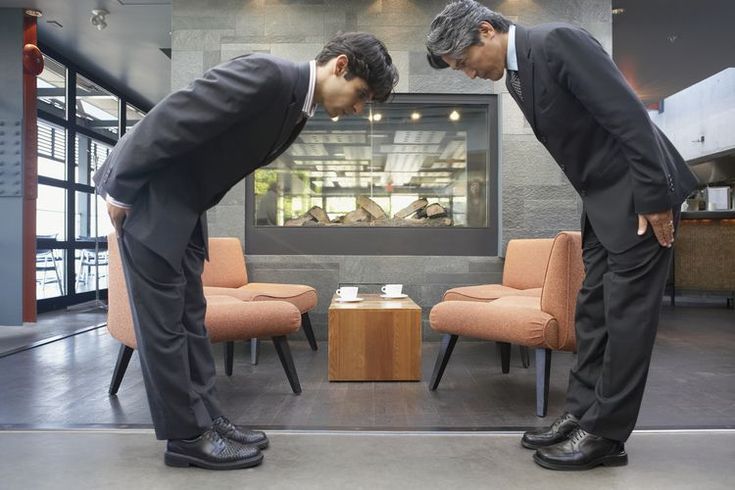Japan is guaranteed to give you a culture shock, but it’s very important to respect the people and their cultures. Popcorn vending machine. Love the vending machine culture of Japan. If you come here, do not do these six things because it is considered very disrespectful.
Number one, don’t disrespect elders or forget to bow. In Japan and Korea and other cultures across Asia, it’s truly amazing how much respect they have for their elders. That includes mother, father, grandma, grandpa, great uncle, or anybody older than, let’s say, 50. She’s a treasure for the family. They treat them with a lot of respect, always bowing when saying hello or goodbye to them.

Thank you. And even more shockingly, they change their language for the elders. They have different ways to express their words. Some are informal, like to their friends, and another way is formal, like to the elderly. If you ask me, it’s really amazing to experience this because in the U.S., yes, we have respect for our elders, but we don’t show it in such sincerity as they do in Japan.
And that’s another reason why you should love this country.
Number two, do not tip. In America, tipping is a way of life. I mean, these days, you’re even asked to tip when there’s no human interaction at all and you’re just pressing buttons on a screen. But if you’re a world traveler, then you know that many countries do not tip as much.

No tips in Japan. Tipping is actually considered rude, and that’s because they take pride in their work and high service standards. Giving a tip can feel awkward because they don’t know what to say. If you tip, it’s considered an insult to their dignity, as if you’re judging their performance. You’ve got to keep in mind that their wages do not rely on tips, unlike in the States.
So if you want to be nice, just say thank you very much—or in Japanese, arigato.
Number three, don’t use one hand to give or receive. In Japan, both hands are always used when giving and receiving objects, including small things like chopsticks or cups. This is especially true in pouring drinks. It is a way to show respect.

Also, when you’re paying at a shop or a cafe or 7-Eleven, it’s very common to place the money on a small tray next to the cash register instead of handing it directly to the cashier with one hand. The same goes for taxis.
Number four, don’t wear shoes inside. If you’ve ever been to East Asia, then you probably realize that this is a common custom in most cultures. Traditionally, when eating meals, the Japanese sat on the floor on mats and sometimes even slept there. So to walk inside with your shoes on and bring all the dirt from the street into the house is not clean.

Taking off your shoes in someone else’s space is a sign of respect, and it’s best done when they don’t have to ask you to do it. And yes, this often even applies in restaurants. Sometimes you’ll receive a pair of slippers to wear instead of your shoes. It’s not just a sign of respect to your host, but also to your own feet. The Japanese want you to feel comfortable and that your feet feel free.
So next time you’re in Japan, try taking cues from those around you.
Number five, don’t eat or drink while walking. Try not to do this. People just mind their own business and don’t even drink when they walk. You shouldn’t do it. Eating while walking is called kui-nagara aruki, and it’s considered extremely rude. This is because it signals you’re not taking the time to appreciate your food.
Some say this ideology has roots from World War II when access to food was limited and every meal was a blessing. On top of all this, when you eat and walk, you run the risk of spilling whatever it is on the crystal clean street, which is definitely a no-no. Your Japanese friends will tell you that this rule is the number one priority in basic etiquette training for three-year-olds.
In recent years, the city of Kamakura issued an official ordinance reminding tourists to respect this custom. So if you’re in Japan and you’re on the run, try to stop at a bench and just enjoy your meal there. And it’s perfectly fine to drink at the vending machine—as long as you’re not on the move.
Number six, don’t pass food with chopsticks. You might think that sharing is caring, but when you pass that piece of chicken to your friend using chopsticks—or stick them vertically in your bowl of rice—don’t be surprised when they give you a look of terror. That’s because this chopstick gesture resembles a Japanese funeral when the bones of dead loved ones are passed over after cremation.
Make sure to always pass food respectfully on a plate and never rub your chopsticks together to get rid of splinters—that suggests that the person’s chopsticks you’re using are cheap.
Japan is truly as good as it gets, and if you’ve been here before, then you know that it’s the truth. And if you haven’t been here, then I hope this video introduces you to the culture and helps you prepare yourself for when you come. Respect the people, and they will respect you back.
Thanks for watching and I will see you in the next video. I think I do, because I’m at peace. Andrew Bensky, and thanks for watching. Make sure to subscribe down there if you want to see more inspiring people stories. And check out my main channel below where I bring you on the most epic adventures from every country. Also, I’m giving away for free all of my best travel tips and secrets for finding cheap flights on that middle link.
Until next time, stay safe, be spontaneous, and just go tonight. And just go tonight. And just go tonight. And just go.

